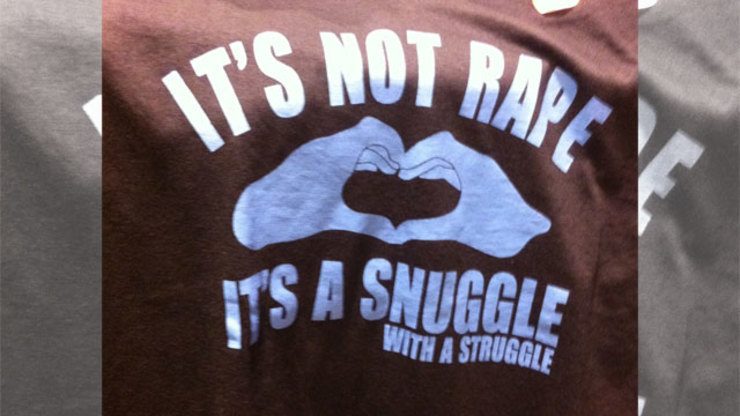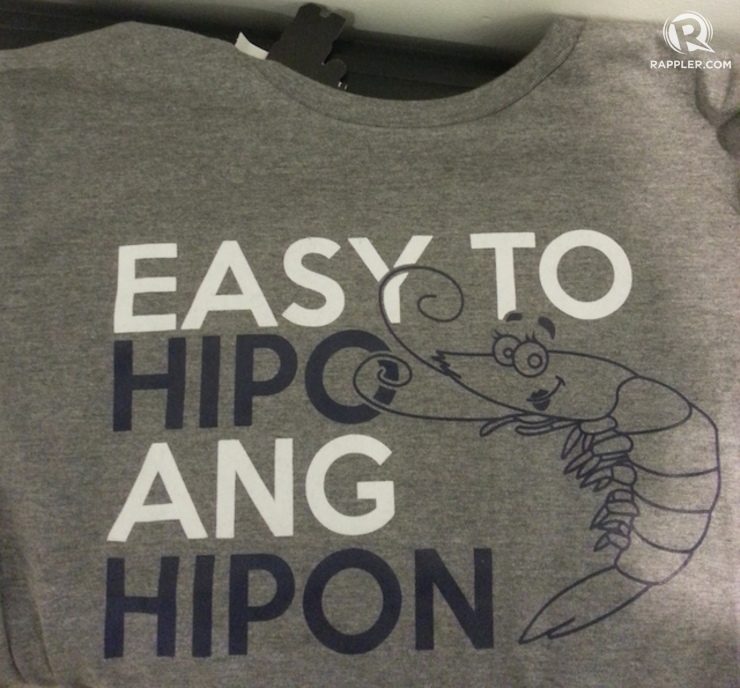SUMMARY
This is AI generated summarization, which may have errors. For context, always refer to the full article.

Last week my Facebook feed was filled by friends from the fashion industry complaining about Lourd De Veyra’s open letter to fashionistas, claiming that the piece not only generalized those who work in the fashion industry but also completely undermined the hard work put in by creatives.
Granted that the industry is inherently aspirational, so it’s easy to see why fashion is easily viewed by some as shallow and less cerebral compared to the other arts. But to dismiss it as vapid and irrelevant would be going too far.
From an economical standpoint, from raw materials, production, to the selling floor, the multibillion-dollar industry is responsible for jobs and the survival of labor industries everywhere.
More than just another venue for expressing oneself, fashion and how people dress is reflective of the culture, tastes, and norms of the current times. You can tell a lot about a period by seeing how people choose to dress themselves, just as much as what architecture styles or modes of transportation they adopt.
Given this industry’s deeper value, those who work in fashion should be at the forefront when it comes to policing themselves. They should be aware of how the work they do reflects on the industry as a whole, and should be pro-active in being just and progressive.
The recently concluded Bench Naked Truth fashion show is one example of the industry neglecting the importance of being progressive. Labelled as the closest thing the Philippines will have to a Victoria’s Secret Fashion show, it is one of the most awaited fashion events of the year, where the roster of models comprise the who’s who of Philippine cinema and television at their sexiest.
The raunchy showcase raised eyebrows when a fully-clothed Coco Martin walked out with a model on a leash, wearing nothing but sparkly skivvies. We get it, sex sells (see: Jake Cuenca’s now-iconic bum-baring briefs) but do we honestly have to go this far to do so? Was it some sort of metaphor on the shackles of the male gaze that was somehow lost on the audience? That doesn’t seem very likely.
The fashion show was laudable for getting transgender Fil-am model Geena Rocero on the runway, but it took two steps back with that stunt.
Some can argue that the model’s being Coco Martin’s pet (a label on a review of the fashion show used, not ours; the photo has since been omitted from the post) was not the message that Bench wanted to convey, but those who conceptualized the show cannot hide under being “misunderstood” as an excuse for how it was seen.
A company that sells to the average consumer cannot relieve itself of accountability if its message is lost on its market. Seeing fashion as a form of self-expression, communicating your message clearly to your consumers is paramount. What was probably perceived as a play on BDSM is lost on the audience.
For an industry that prides itself in its creatives, it’s quite unfortunate that there seems to be no alternative to objectifying men and women just to sell. While yes, we can argue that it’s a nod to women who celebrate their sexuality and are comfortable with their bodies, where exactly does a fully-clothed man with a leash come in? Why is girl-on-girl liplocking onstage necessary? Is this another way to celebrate different ways to love? Where do we draw the line between celebrating diversity and a gratuitous display of staged affection to be “edgy”?
A similar lapse in sensitivity can be found in SM malls. A shirt released by The SM Store received its fair and due share of flak on social media after bearing the slogan “It’s not rape, it’s a snuggle with a struggle.”

The country’s largest chain of shopping malls has already issued an apology. But that isn’t enough. What is appalling is that it hit the shelves to begin with. From the design, to the samplemaking, to the stocking of the shelves, it’s mindboggling that not a single person raised hell or put his or her foot down against releasing this particular stock, especially when it is targeted at young men.

Another shirt from the same department store is currently getting flak on social media. While it has many interpretations – one of them being, it might actually be pertaining to shrimp and not the colloquial “hipon” (one who is only attractive from below the neck) – it’s disturbing how it seems to insinuate that the latter is “easy” as if people’s affections is a matter of conquest and not consent.
The accountability here doesn’t just reside in the designer who drafted the design or coined the slogan but to the rest on the chain of command who agreed it should go into production, to the merchandisers and buyers who allowed that on the shelves. What is obvious here is that the industry still has tons to work on in terms of gender sensitivity.
I recognize efforts everywhere from various brands who bravely put LGBT couples on bilboards and transexual models on the runway. These initiatives are progressive and commendable, but while the rest of the industry still remains misguided, tone-deaf and insensitive, we can’t blame critics for pigeonholing the industry as too shallow for its own good.
You can’t cry foul and complain about being dismissed as naive and irrelevant and at the same time allow things like walking a woman down a runway on a leash, or claim that an article on Imelda “saving” fashion “doesn’t aim to tackle political issues.” If they want to be taken seriously, they can’t take the easy way out when confronted by criticism and remove themselves from the context of the society they live in (Read: IN PHOTOS: Martial Law victims’ hopes for redress, remembrance). By doing so, they’re only affirming the notion that fashion’s place in society is that which is easily written off as “isang malaking ilusyon (big illusion).”
Whether we like it or not, for the initial impressions of fashion to change, tastemakers must change their mindsets, raise questions, and be aware of the nuances involved. If we want perceptions to change, members of the industry should be the first to clamor for it and engage in sober discourse. We cannot champion self-expression if we aren’t aware of the messages we send to those who consume what we sell, especially when fashion is no longer about selling clothes as it is about selling a lifestyle.
I took up fashion in college and have since then interned for various sectors in the fashion industry, including designers, Philippine Fashion Week, a famous retailer, and even a garment factory. I recognize the efforts to challenge the status quo and to raise the bar when it comes to discussing fashion and its role in society. I know that the industry is made up of some of the country’s best creative minds, that there is more to the industry, the people who run it, and those who consume it than just #OOTD, Devil Wears Prada, and Project Runway.
It’s time they showed that we’re capable of more than just catty comments on social media – “Who wore it better?” and American Apparel-type advertising. If we want to change the conversation, we should begin with ourselves. More than just defending the community, industry leaders and influencers should be the first to criticize when needed, acknowledge faults when committed, and keep watch to make sure that these things never happen again. – Rappler.com
Add a comment
How does this make you feel?
There are no comments yet. Add your comment to start the conversation.